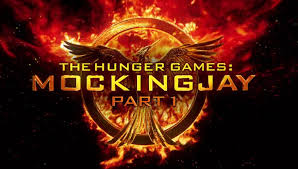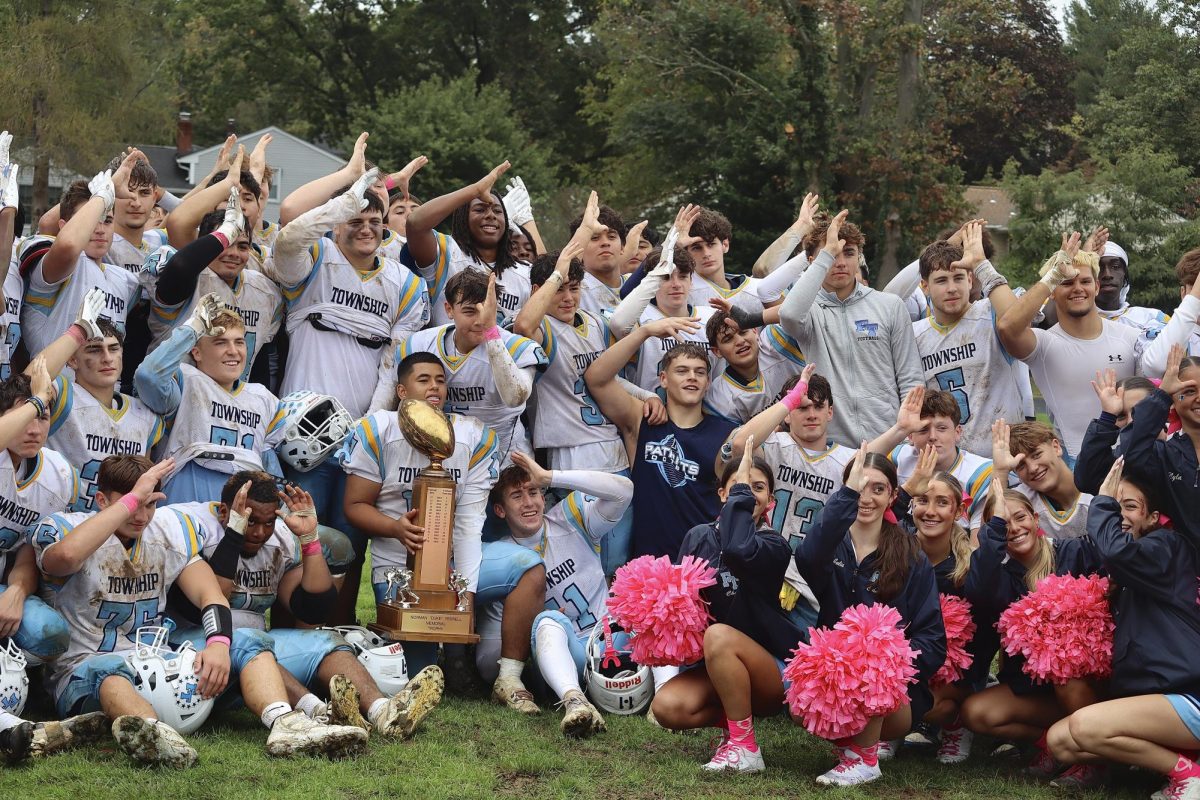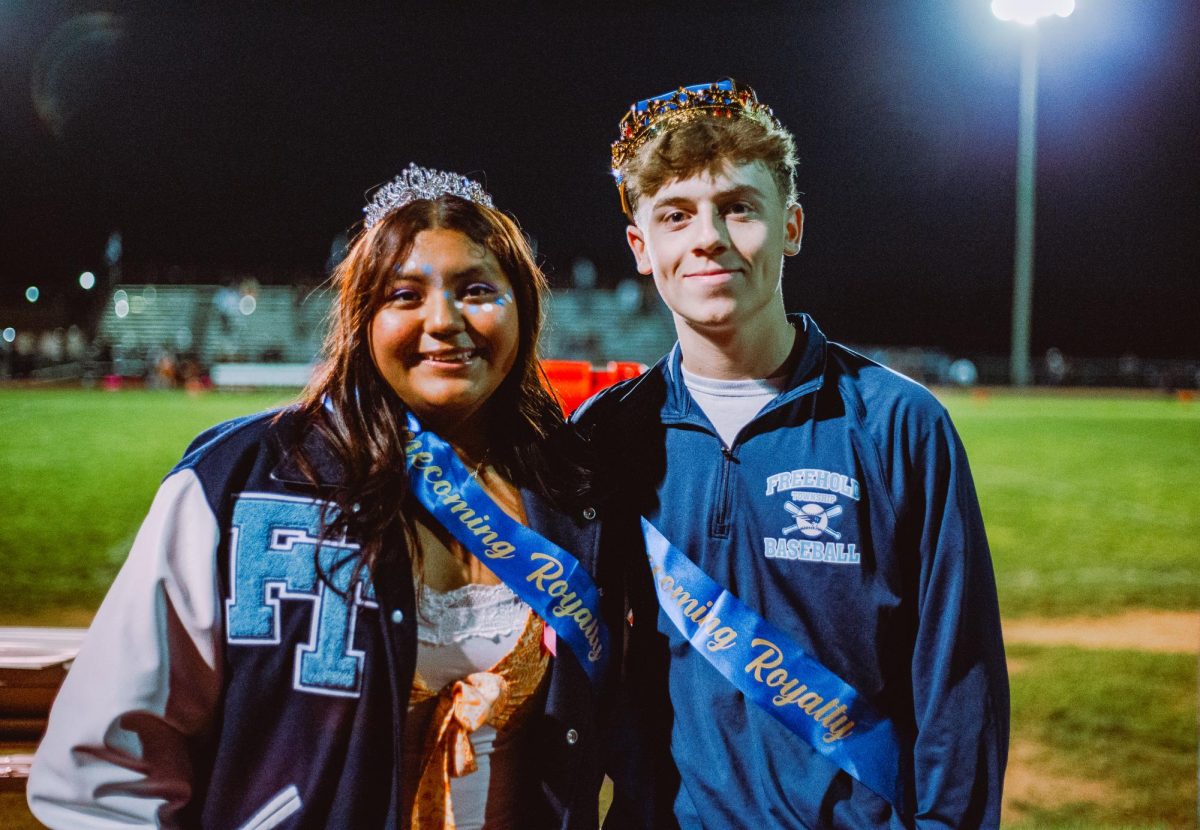Reed Books: The Hunger Games
December 12, 2019
The Hunger Games series, written by Suzanne Collins, has skyrocketed to fame, with popular movies in recent years. Starring Jennifer Lawrence and other movie stars, this trilogy is extremely well-known – but does it really live up to the hype?
The short answer: kind of.
The novels themselves are very strong in premise and in political ideas; the themes of glorification, and entertainment, derived from primal murders are well-developed throughout all three novels. Katniss Everdeen, the protagonist, competes in The Hunger Games – an annual event in which twenty-four teenagers kill each other until only one remains, televised for the nation, Panem, to see. In the last novel, and at the end of the second, the premise changes to Katniss’s leading of the rebellion against the Games, as opposed to her experiences in them. The novels handle heavy themes well; the idea of desensitization of death is shown in the way the Capitol, Panem’s richest district (which does not need to send children to the Games), reacts to the scenes. The citizens laugh and place bets on favorites, giving their own kids fake swords to play with while it airs. This can be seen as a reflection of violence in modern society – school shootings, while still viewed as horrific events, are so common that many do not even notice when a new tragedy strikes. The media capitalizing on celebrities’ lives, just as they do with the victors of the Games, is as prevalent now as ever. The stories are generally well-written, but the real focus is the underlying tones of political themes.

The problem, however, is the hypocrisy of the very movies that portray the novels. Or, rather, the effects of them.
One of the main reasons The Hunger Games seems less effective as a movie is simply the casting. In the novels, Katniss is around fifteen to sixteen years old – yet, casting directors chose a twenty-two year old Jennifer to play the part. The same goes for most of the “kids”. Had the movies portrayed real children as being forced to kill each other for survival, the message would have been more effective.
Another, more disturbing, issue, is the “love triangle” (or lack thereof). In the books, it is clear that Katniss never really fully develops feelings for either Peeta or Gale, since they are so young and, frankly, have bigger problems on their hands. She is forced to fake a romance with Peeta to win over audience approval. However, in the movies, the “love” this teenage Katniss feels for both boys is real. Posters and advertisements for the films show Katniss across of Peeta and Gale, trying to choose which boy she will spend the rest of her life with. The movies are exactly what the book warns about: ignoring larger, more important problems to focus on, and romanticize, a teenager’s relationship problems.
Still, the movies do a nice job of capturing the severity of the books, keeping a raw and vulnerable appearance. The shaky cinematography, particularly in the first film, adds to this effect, as does the serious and melancholy score.
Overall, The Hunger Games is successful in political themes as novels, but fails to acknowledge these exact themes as films.















































